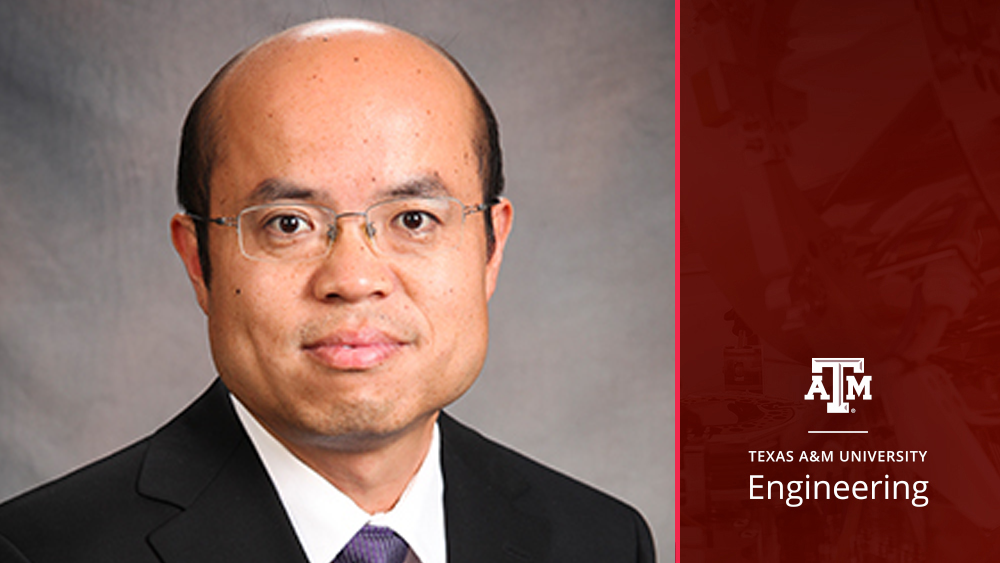
Researchers in the Department of Computer Science and Engineering at Texas A&M University were one of the top winners of the 2021 Knowledge Discovery in Databases (KDD) Cup. The principal investigator Dr. Shuiwang Ji, associate professor in the computer science and engineering department, shares the award with his students Meng Liu, Cong Fu, Xuan Zhang, Limei Wang, Yaochen Xie, Hao Yuan, Youzhi Luo and Zhao Xu, and collaborator Dr. Shenglong Xu, research assistant professor in the Department of Physics and Astronomy.
“We are very excited to receive this award,” said Ji. “It is definitely another validation that our group’s work on graph deep learning is among the top tier research in the world.”
In order to win the prestigious award, they were challenged with solving a well-known problem in quantum physics and chemistry on calculating the difference between the energy of the highest available orbit for an electron and the lowest available orbit. The researchers said their calculations play an important role in predicting the property of molecules, particularly its reactivity, excitation by light and electrical conductivity. However, these types of computations require hours of computational time if physics-based calculations are used.
To overcome this obstacle, the Texas A&M team designed a machine-learning algorithm based on a deep graph neural network. This algorithm could, within 30 milliseconds, and with very minimal error, predict the energy gap by learning from 2D and 3D graphs of the molecular structure, earning them the prize.
Ji said that historically this award is mainly conferred to major information technology companies, like Microsoft, because their access to large computing resources made them better poised to answer problems that are resource heavy.
“We are extremely excited to be the only team with all members from a university research lab to be on the awardee list,” said Ji. “Companies have orders of magnitudes more computing resources than us. But we showed that even with limited computing resources, smarter algorithms can solve problem just as efficiently.”
The KDD Cup is a premier annual data mining competition that was started in 1997. This competition focuses on problems that are different from conventional machine-learning challenges and has an emphasis on solving real-world problems and impact. Ji and his team received fourth place among 49 teams, and were first among three runners-up. Other awardees include teams from Microsoft, Baidu, DeepMind and Microsoft Research Asia.